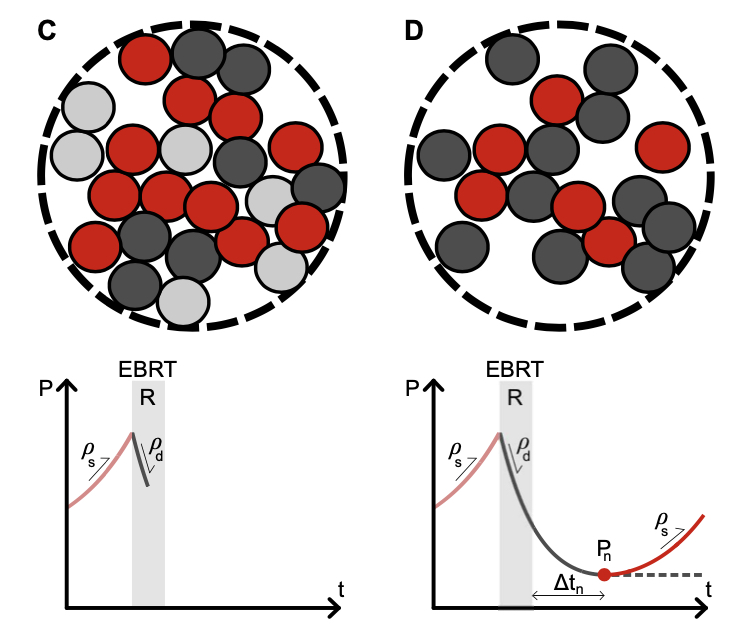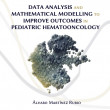News & Events

The detection of prostate cancer recurrence after external beam radiotherapy relies on the measurement of a sustained rise of serum prostate-specific antigen (PSA). However, this biochemical relapse may take years to occur, thereby delaying the delivery of a secondary treatment to patients with recurring tumors.
To address this issue, an international collaboration between the University of Texas, the University of Pavia, Purdue University and MOLAB, together with San Raffaele Hospital from Milano has investigated the use of patient-specific forecasts of PSA dynamics to predict biochemical relapse earlier. The forecasts were based on a mechanistic model of prostate cancer response to external beam radiotherapy, which was fit to patient-specific PSA data collected during standard posttreatment monitoring. The results showed a remarkable performance of the model in recapitulating the observed changes in PSA and yielding short-term predictions over approximately 1 year. Several model-based biomarkers that enabled accurate identification of biochemical relapse more than one year earlier than standard practice what has direct clinical implications.
Last News and events

|
Campus Fábrica de Armas, Toledo, Spain
Monday July 22, 2024
|

|
Edificio Politécnico, Campus de Ciudad Real
Monday July 08, 2024
|

|
Salón de grados, ETSII, 11:30h.
Wednesday April 17, 2024
|

|
E.T.S. de Ingenieros Agrónomos
Wednesday April 03, 2024
|

|
Salón de Grados ETSI Industriales
Thursday March 21, 2024
|













